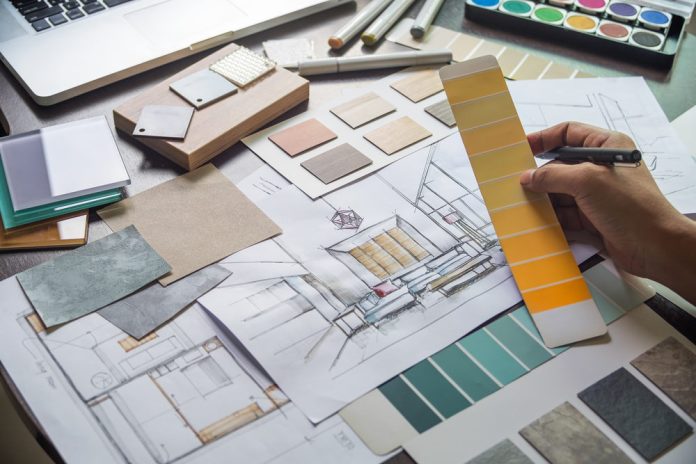7 Things You Need for Every Remodeling Job
Remodeling a house is a serious commitment that can mean anything from changing out paint and carpet to removing walls and adding structural beams. Doing home renovations means you already have a plan of what you want the result to look like. So it’s important to craft a plan, decide what you can DIY and what you can hire out, and prepare everything before you get started. And no matter what, here are the most important things you need for every remodeling job:
1. Get a Home Inspection
If you haven’t already, you need to get your home inspected. This can determine areas where there may be damage, where you might need new electrical, or if you need to add a new roof or repair a foundation. Inspectors will check for structural, electrical, and plumbing issues, insulation quality, air leaks in the HVAC system, and more. Some will even check for evidence of mold and pests.
2. Rent a Large Dumpster
Remodeling jobs mean you must rip out the old to make room for the new. Look for a roll off dumpster rental so you have somewhere to throw all the excess garbage and waste from your work site. It can be great for removing debris inside your home and hauling away all the trash after the project is complete. First, you’ll need to clear a spot for the dumpster. Some people choose a driveway or close to a door to make it easy to toss waste into.

3. Draw Up Plans
Create your plans. Do you want a new kitchen? Would you like to open up a wall to create more space? Do you want to create an extra bedroom somewhere by adding a wall? You should make all these plans to determine what supplies you’ll need and how much the project might cost. What will you need to make your plans come to life? Once you know what you want, you can tackle the next step: getting a contractor.
4. Work With a Contractor
Hire a contractor who has a good reputation. Ask friends, family, and other business owners for recommendations. Check with the Better Business Bureau to see if any complaints are filed against them and how many of those were resolved in favor of the customer. Do they have any reviews on Angie’s List or Yelp? Hire a contractor who is licensed by your state’s licensing board.
This will show that they are qualified to do the work and that they will follow all laws relating to your remodeling project. You also want to check their insurance so that if something goes wrong during or after the completion of your project, you will be covered by their insurance policy. Working with a contractor can also ensure that your project’s electrical, plumbing, and structural components will work great.
5. Create a Budget
Once you have a firm idea of your budget, it’s time to consider how much money you will need to spend on the project. This includes the materials necessary to complete the job, such as new flooring and adhesive, paint and paint supplies, lighting fixtures and bulbs, kitchen appliances, and countertop materials. You must also consider any labor costs of hiring contractors or other professionals. The last thing you want is for your renovation efforts to cost more than they should due to unforeseen expenses or mistakes.
6. Decide What to DIY and What to Hire Out
The next step is deciding how much of this work can be done by yourself versus hiring someone else for certain tasks. If DIY isn’t your strong suit or if there are aspects of home improvement projects that make you nervous, consider hiring professionals for those parts instead so that nothing goes wrong when renovating at home.
Before starting any home remodeling project, you must be sure that you have the right tools and know-how. If you are going to hire out, make sure that the contractor or handyman you hire is experienced and has been recommended by people whose opinions you trust. A good contractor will have references, so ask for them.
7. Invest in Safety Gear
You will need work gloves, safety glasses, hard hats, and a dust mask. Depending on what types of materials you’ll be removing, you may even want a Tyvek suit to protect your body and clothing. You’ll also want to invest in earmuffs or earplugs for hearing protection when working around noisy machinery. Being around constant noise can damage your hearing.






